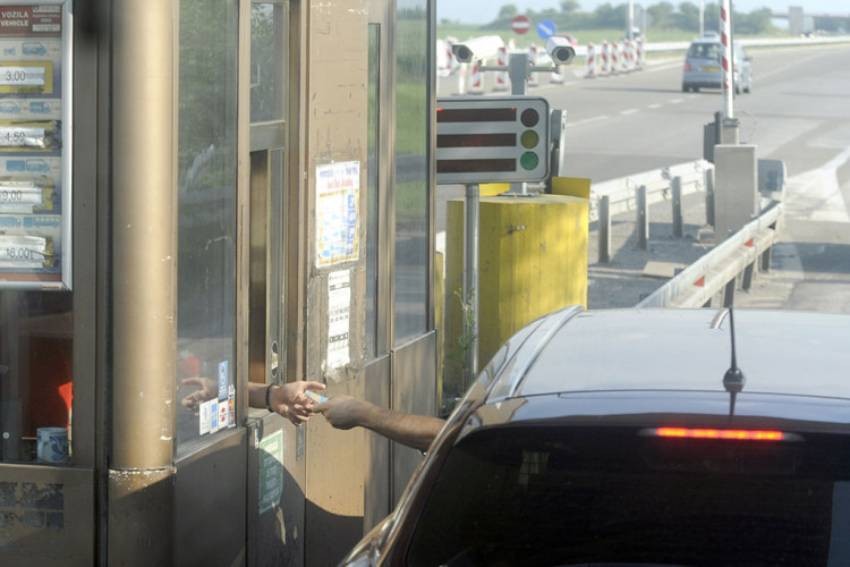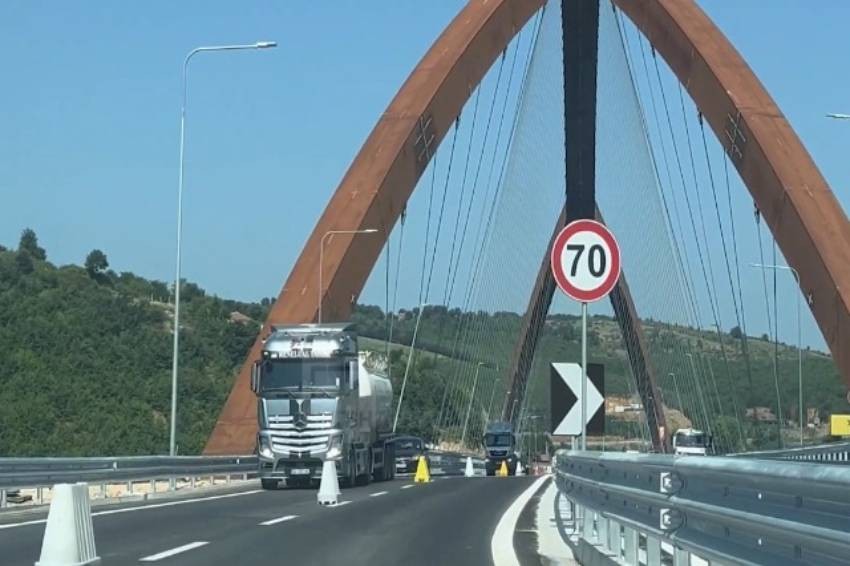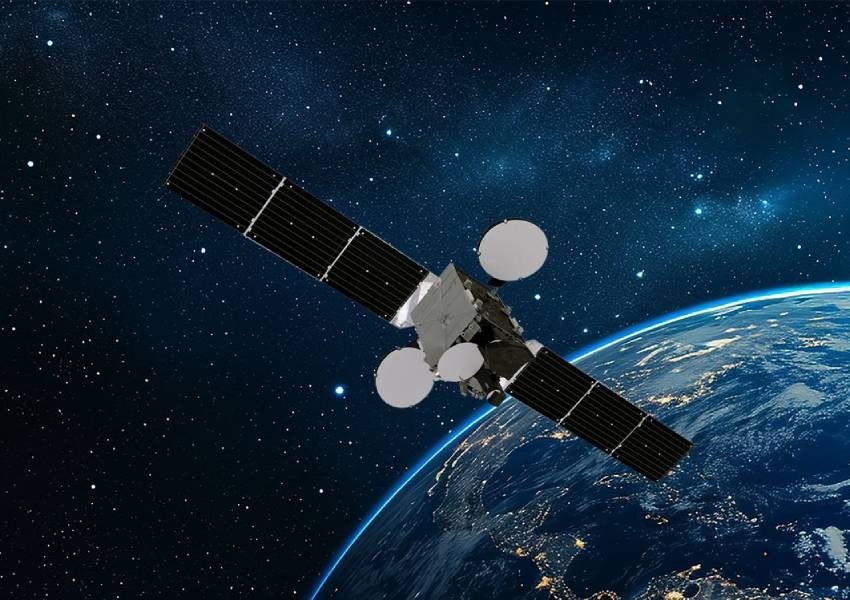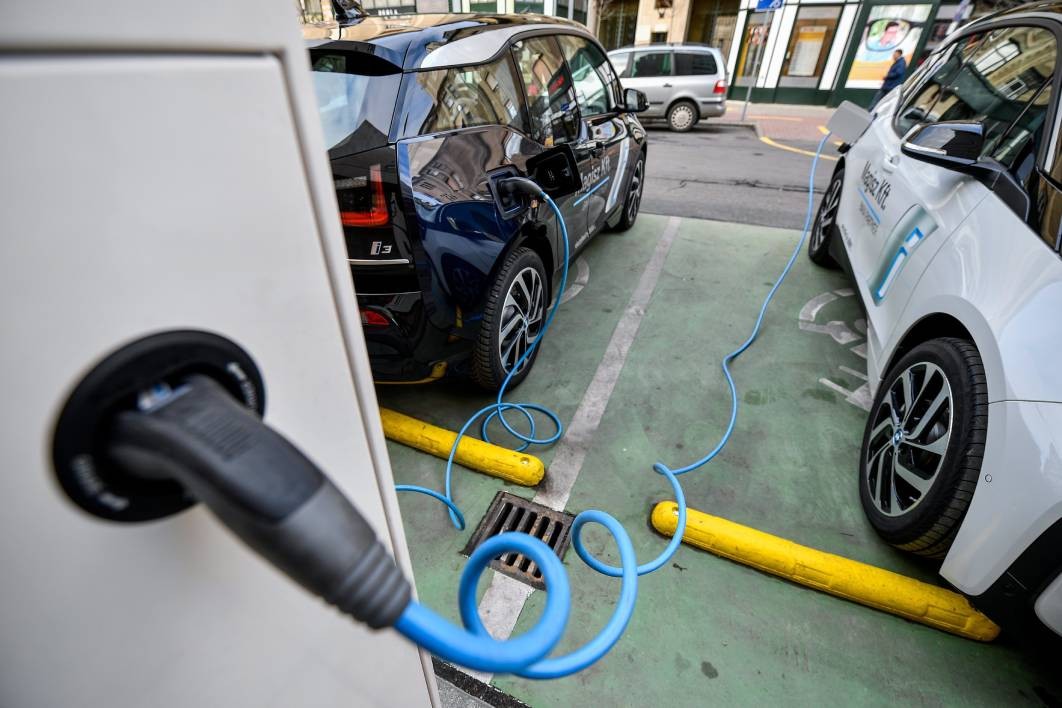Skopje aims to attract cargo from Europe to Thessaloniki with a new railway line

The construction of the railway line along Corridor 10 is a priority for North Macedonia, said North Macedonia’s Minister of Transport Aleksandar Nikoloski. He will be discussing with international donors how to best channel funds for building the railway lines in the country. In an interview with TV Alfa, Minister Nikoloski said that he was not against the construction of the Corridor 8 railway which will connect North Macedonia with Bulgaria, but the construction is faced with many problems.
"I'm not going to allow that much money to be spent - even though some of it is from a grant but the rest is on loan - for something that's not going to be used. For me, the most beneficial project is the construction of a high-speed railway line from Skopje to Thessaloniki, running at 200 km per hour. This means that the journey from Skopje to Thessaloniki should take up to 1 hour and 15 minutes," said Nikoloski.
Tolls in Serbia increase by 10%

From July 10, users of Serbia's motorways will pay new tolls, the state-owned company Putevi Srbijе has announced. Prices are going up by about 10%. Thus, the toll for using the highway from Belgrade to the Bulgarian border at Tsaribrod is now 1,670 dinars or EUR 14. The old price was 1,510 dinars. The Belgrade-Nis toll is now 1,130 dinars, up from 1,020 dinars. The Belgrade - Subotica toll is 800 dinars, up from 730 dinars. The toll for the Belgrade – Šid highway is 500 dinars, up from 450 dinars. Putevi Srbije notes that paying the toll through electronic devices provides a 10% discount for all individuals and legal entities owning cars with the "EURO 6" standard, but this option will come into effect within a month.
A new bridge over the Drina River bridge eases traffic between Kosovo and Albania

The new bridge over the Drina River near the town of Kukës was opened to traffic, reported the regional section of Albanian Radio and Television. The facility eliminates the kilometre-long traffic jams to and from Albania for both Kosovo and other citizens travelling to and from the Albanian coast. The media added that during the summer season, most people in Kosovo choose to spend their holidays in Albania. The bridge is 310 meters long and the arch reaches a height of 56 meters from the level of deck. Traffic will also be eased by the introduction of joint border control between Kosovo and Albania, reported KosovaPress. At the signing of the agreement, Albanian Interior Minister Taulant Balla stated that he expects the number of tourists in Albania to exceed 14 million this year.
Türkiye launches its first domestically-produced communications satellite Turksat 6A into orbit
Türkiye launched its first domestically-produced communications satellite, Turksat 6A, into orbit, reported the Anadolu Agency. The new satellite will enable the country to widen its satellite television coverage to up to 5 billion people. The launch was carried out using a SpaceX Falcon 9 rocket from the Cape Canaveral Space Force Station in Florida. With Turksat 6A, Türkiye reached a new phase in the production of satellites, said President Recep Tayyip Erdoğan. In his words, Türkiye has completed more than 81% of the sub-systems and software work with domestic sources for Turksat 6A, which has importance for the country's future in the space field. Minister of Transport and Infrastructure, Adil Karaismailoğlu, reported that the first signal from Türksat 6A was received 67 minutes after the launch, as planned.
Croatia to install EV charging stations every 60 kilometers on all major roads by 2025
The Croatian Chamber of Commerce (HGK) has established a Network of EV Charging Stations Operators. They aim to establish electric vehicle charging stations every 60 km on all major roads by 2025. The investment is estimated to cost EUR 200 million, HINA news agency reported. According to the head of the group, Dino Novosel, the introduction of the infrastructure will contribute to increasing the number of vehicles using energy from renewable sources. At the moment they are less than 3% of all vehicles, but by 2030 they should exceed 21% (more than 250,000 new cars). The Alternative Fuels Infrastructure Regulation mandates that EU member states ensure the availability of EV charging stations every 60 kilometers on all major roads by 2025.
Published and translated by Kostadin Atanasov
Photos: republika.mk; EPA/BGES; uzay.tubitak.gov.tr; rtsh.alOn February 16, Radio Bulgaria celebrates its 89th anniversary . Throughout these years, our multilingual media has been not only a channel of information, but also an invaluable link with our audience around the world. Today, Radio Bulgaria offers rich..
At various times in its existence, the BNR's Directorate of Foreign Language Broadcasts, now known as Radio Bulgaria, the multimedia multilingual platform of Bulgarian National Radio, was more than just a workplace for a number of popular journalists...
February 16, 2025 marks the 127th anniversary of the first bulletin of the Bulgarian Telegraph Agency, signed by its first director Oscar Iskander. The agency was established in 1898 by a decree of Prince Ferdinand I. Just like 127 years ago, today the..
The first Dalmatian Pelican of this season hatched a few days ago in the protected area Kalimok - Brushlen near the Danube town of Tutrakan, reports the..
More than 4,000 participants from 52 masquerade groups from all over the country will take part in the Jamala National Masquerade Festival in Kyustendil on..
With more 40 thousand archaeological sites and artifacts, Bulgaria is a true open-air museum. In terms of the number of finds, this..

+359 2 9336 661
